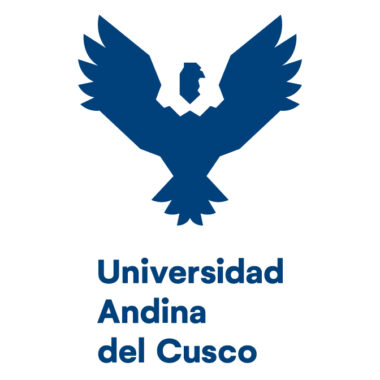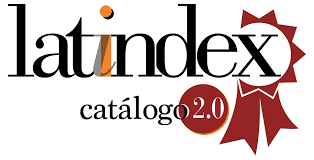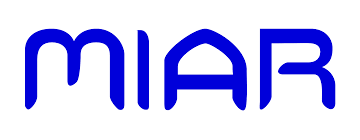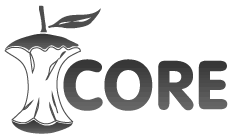Complaints and dispute resolution
When a complaint is received about any of the articles, it is reviewed and the right to reply is given to the one who presents the complaint, for that, there is a section: letter to the editor, in which can be published clarifications on published articles.
The resolution of issues such as the case of very different evaluations are resolved by obtaining a third evaluation, in any case, the editorial committee decides on the evaluations based on the expertise in each area of knowledge. Any other conflict will be resolved by decision of the editorial committee.
The following are considered conflicts and editorial violations:
a) False authorship.
b) Plagiarism and/or self-plagiarism.
c) Undeclared conflicts of interest.
d) Fabrication/falsification of data.
e) Segmented publication.
f) Simultaneous/duplicate publication.
In any of these cases, the journal can apply the following actions:
If the article is already published: it can be retracted or corrected.
If the article has not been published: it can be rejected.
The decision will be informed to the author and the institution of origin following the recommendations of the Publication Ethics Committee (COPE).














